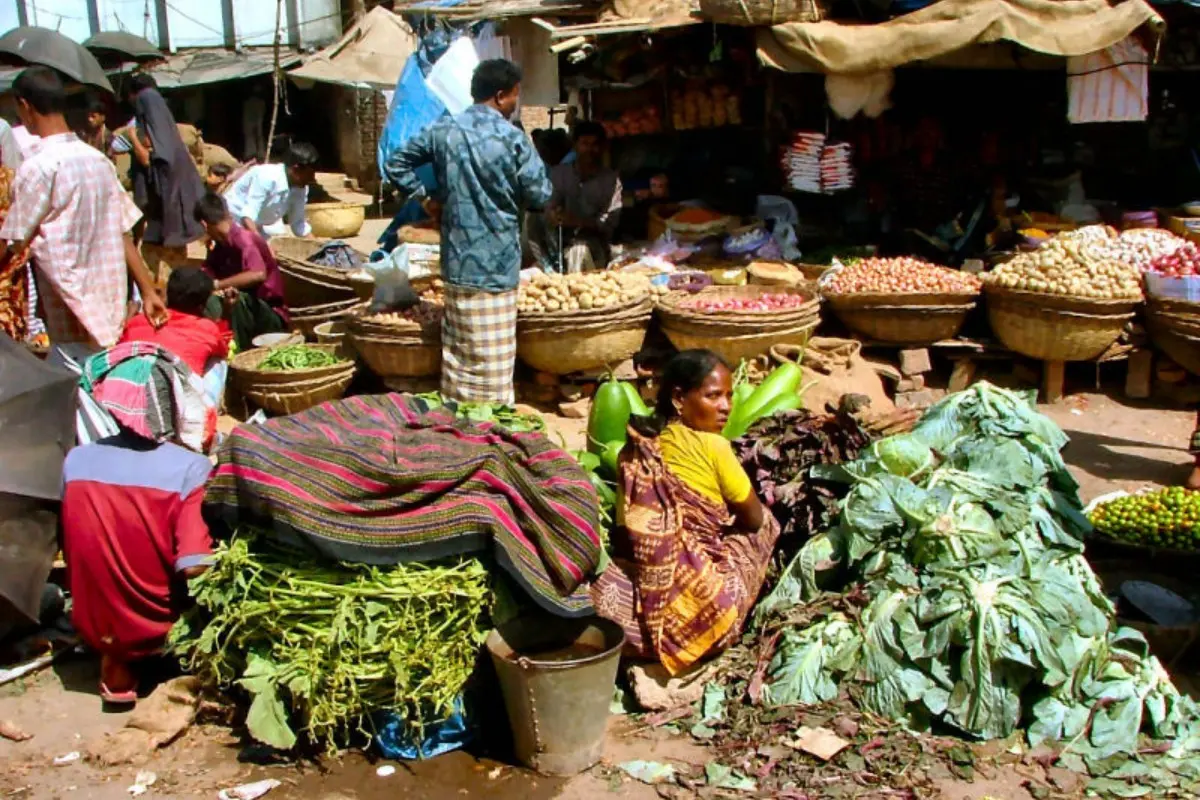
Do you want to access to this and other private contents?
Log in if you are a subscriber or click here to request service
FAO, IFAD and WPF: digital divide penalizes women
United Nations organizations call for a more active role for women in agri-food systems

Inclusive access to digital technologies and education is key to reducing gender inequalities and empowering women workers in the agricultural sector. This was underlined in a joint note by the three food and agriculture agencies of the United Nations: the Food and Agriculture Organization (FAO), the International Fund for Agricultural Development (IFAD) and the world food (WFP).The three bodies recognized...
lml - 29849
EFA News - European Food Agency
◄ Previous page
EFA News - European Food Agency